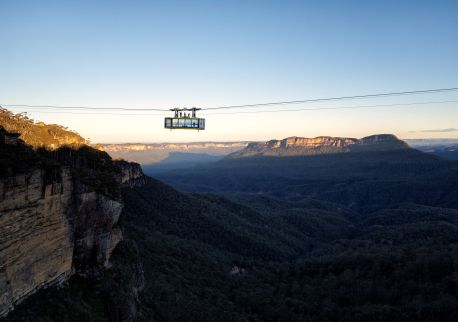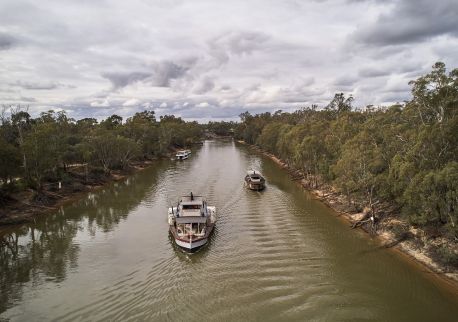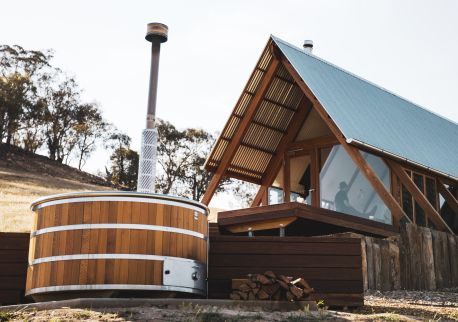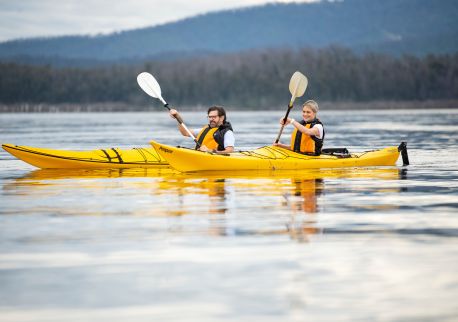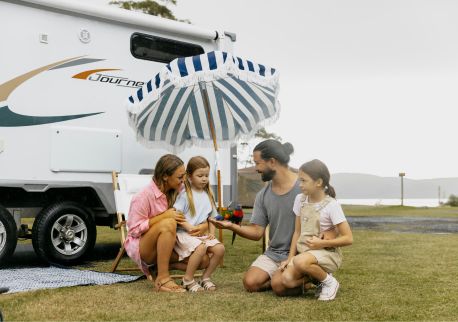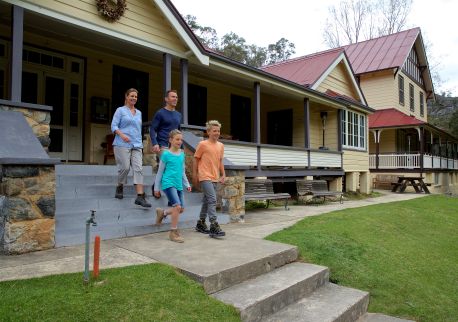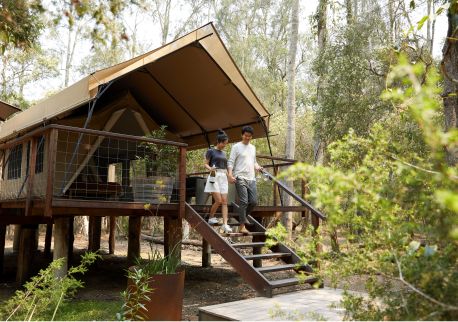Modus Merewether
Highlights
Overview
A spectacular architecturally designed and state-of-the-art venue, alongside a fully operational award-winning brewery, is set in the heart of the beachside suburb of Merewether, Newcastle.
The breathtaking space can house just under 300 people and visitors can enjoy delicious, brewery-fresh Modus beers poured from 36 frosty taps. The beers on offer include the Modus core range, including the non-alcoholic NORT range, as well as limited local-only releases ranging from sours to lagers, hazy hoppy IPAs to dark beers. The range is insane and always changing! And if beer isn’t your thing, don’t worry – an extensive selection of curated cocktails, wines and spirits are also on offer.
The menu is as delicious and innovative as the drinks on offer; elevated pub fair with a sprinkle of fresh Mexican. The bar and kitchen use fresh Australian ingredients and (as much as possible) the extensive range of liquors, spirits and wines are sourced from local producers. There are even initiatives to grow fresh herbs! These examples are only a small part of the larger initiatives to reduce food wastage and carbon emissions.
Accessibility
Actively welcomes people with access needs.
Adhere to The Food Authority requirements for allergy management in food preparation
Ask all visitors if there are any specific needs to be met
Caters for people who are blind or have vision loss
Caters for people who use a wheelchair.
Caters for people with allergies and intolerances.
Caters for people with sufficient mobility to climb a few steps but who would benefit from fixtures to aid balance. (This includes people using walking frames and mobility aids)
Employ people with disability
Have a step free main entrance to the building and/or reception area (includes ramps or slopes with a maximum gradient of 1:14, otherwise are too steep for wheelchairs)
Have a wheelchair accessible toilet / shower and change room
Have an accessible public toilet which is unlocked
Have an appropriate area for toileting an assistance dog
Have at least one wheelchair accessible parking space with wheelchair accessible signage clearly displayed (International standards are 3200mm wide x 2500 mm high)
Have doorways which are easy to open and have lever handles (doorways 850mm or wider when open and not heavy)
Have equipment to respond to anaphylactic shock such as epi–pens and defibrillator
Have grab rails in the bathroom
Have handrails on all your stairways
Have lifts with enough space for people using a mobility aid to enter and turn around to use the lift buttons. Buttons are at accessible height.
Have step free access to restaurant, lounge and bar
Have step free access to the conference or function room
Have step free outdoor pathways (includes picnic areas, barbecues and shelters)
Have wheelchair accessible picnic tables (picnic tables require 720mm knee clearance and 800mm maximum height)
Have wheelchair accessible transport options available in the general vicinity (provide information on name of the operator, phone and website link to individual providers for private vehicles, community transport train, mini vans, hire cars, buses, taxis, ferry, tram, light rail etc in your access statement)
Modify your cooking and cleaning practices to cater for people with food allergies or chemical intolerances (could include menus with meals free from: nuts, dairy, seafood, eggs, gluten etc)
Offer a range of contact methods for receiving complaints
Provide information in large print
Provide seating in common areas including reception area
Train your staff in disability awareness
Use easy read fonts in your signage and communication materials (Helvetica and Arial)
Use floors/coverings which are slip resistant, firm and smooth
Use non-slip tiles in the bathroom or slip resistant matting
Use Plain English / easy read signage and information (includes menus and emergency information)
Website meets WCAG 2.0 accessibility standards
Welcomes and assists people who have challenges with learning, communication, understanding and behaviour. (includes people with autism, intellectual disability, Down syndrome, acquired brain injury (ABI), dyslexia and dementia)

